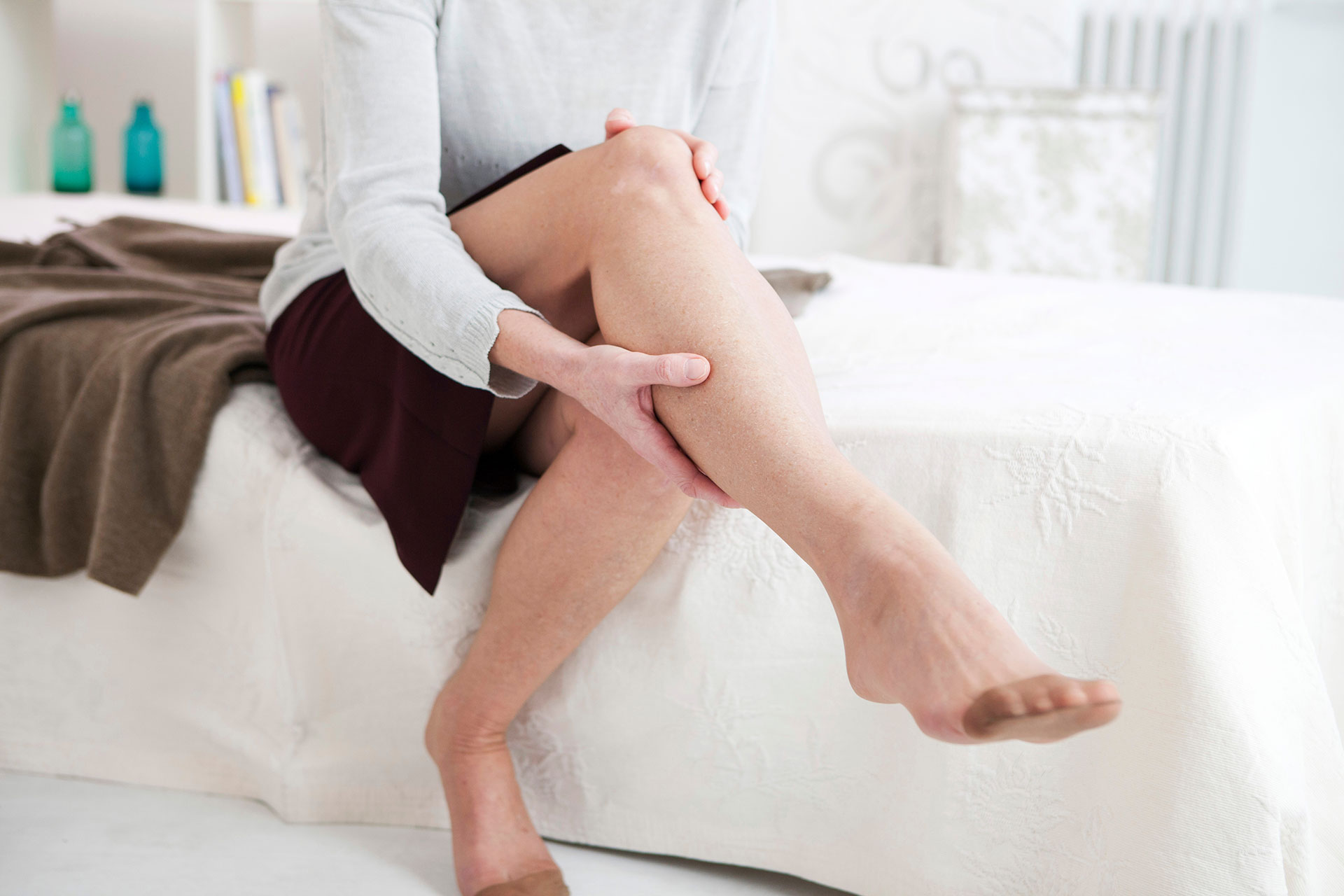
Venous disease encompasses a range of conditions affecting the veins— a vast network of vessels, that (except for the pulmonary veins) is responsible for returning deoxygenated blood from your limbs and organs back to the heart.
Constituting a major part of the circulatory system, your veins hold close to 75% of the body’s blood. In healthy veins, the valves ensure the blood flows efficiently back to your heart. However, weakened and damaged valves permit the blood to leak backwards, to flow in both directions, and pool.
Venous disease, compromises vein integrity and function. It includes conditions that run the gamut from purely cosmetic issues to ones that pose life-threatening consequences. Quite common, venous disease currently affects millions of individuals across the globe, and that number is expected to grow. Many contributing conditions and factors play a role in one’s risk for venous disease, including genetics, congenital issues, a sedentary lifestyle or prolonged standing, pregnancy, hormone replacement therapy, smoking, high BMI (body mass index), trauma, tumor, cysts, and other venous issues.
It essential to keep in mind that venous disease can significantly impact one's quality of life, and, when left untreated, can lead to severe complications. Symptoms like cramping, bulging veins, discomfort, swelling, redness, warmth or redness, itching, burning, or a sensation of heaviness in the legs, can indicate venous disease.
As Board-Certified vascular surgeons, the professional team at Vascular Care Specialists in Brockton, Massachusetts is uniquely qualified to diagnose and treat venous disease. Our skilled professional team provides expert care, using the leading techniques and technology to restore proper venous function and alleviate symptoms.
Venous insufficiency is a common cause of leg problems. It’s often caused by damaged or weakened valves in the veins making it difficult to return blood from the legs to the heart. Venous insufficiency can lead to symptoms like leg swelling, pain and skin changes.
When treating venous disease, our primary objectives are to alleviate symptoms and reduce the risk of complications. Based on the type and severity of the condition and an individual's overall health, our board certified vascular surgeons will recommend the most appropriate approach to care. Treatment may include lifestyle changes, medications, compression stockings/ bandages, a minimally invasive procedure, or surgery.
At the office of Vascular Care Specialists, we use the latest technology and treatment methods to support and enhance vascular health.
Remember, seeking the expertise of a board-certified vascular surgeon is crucial for the proper diagnosis, treatment, and management of venous diseases.
